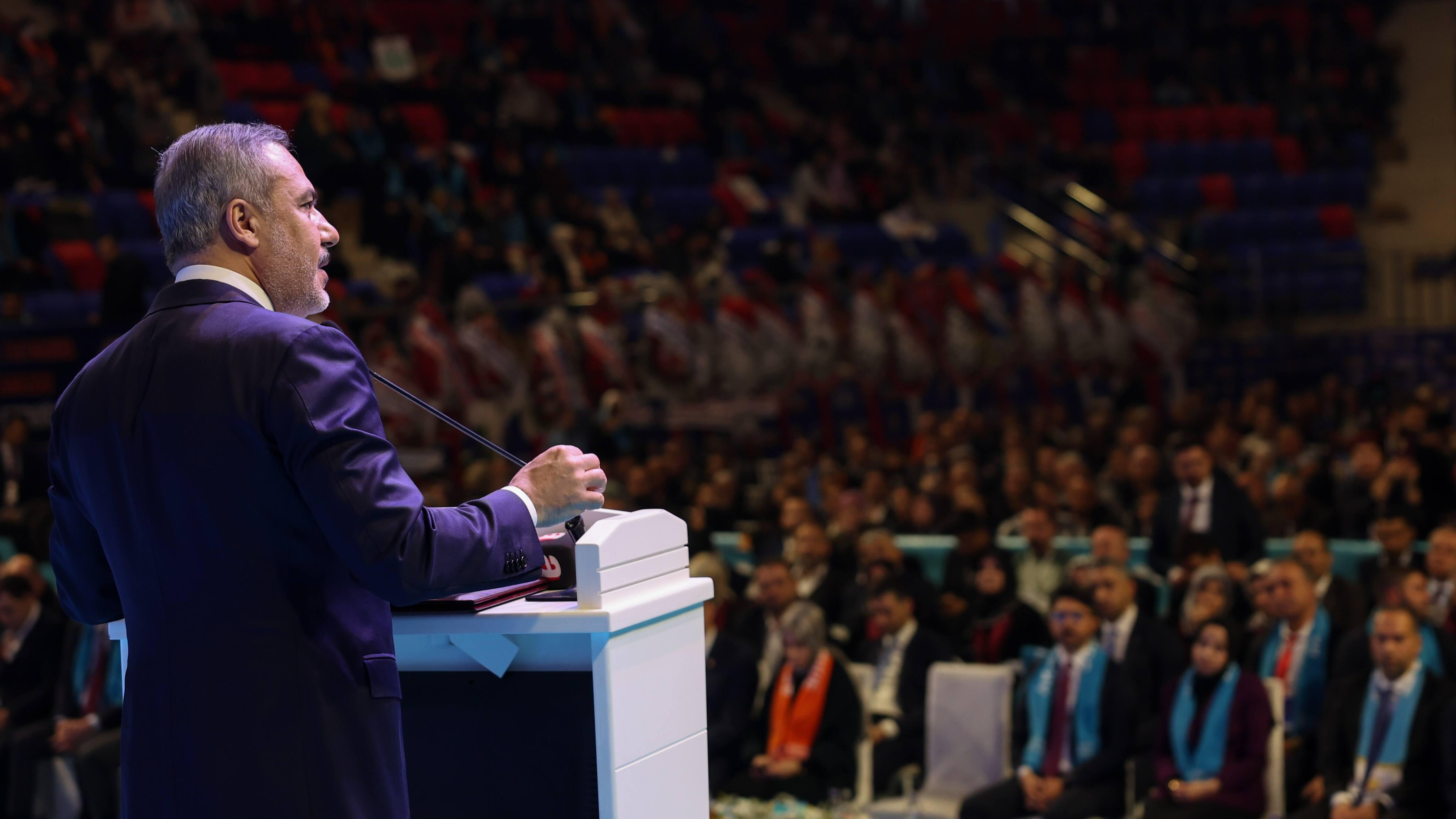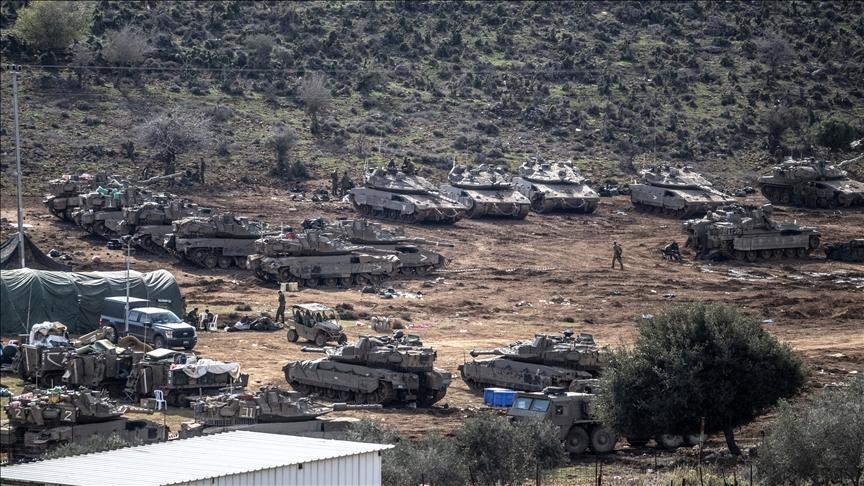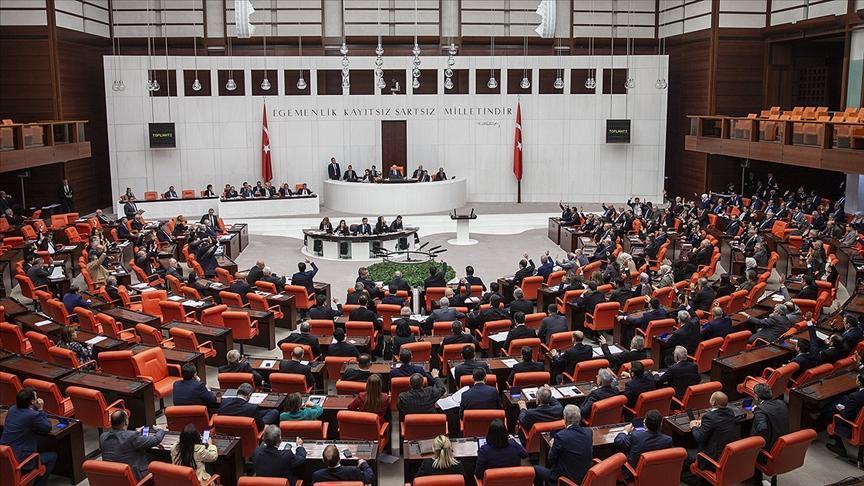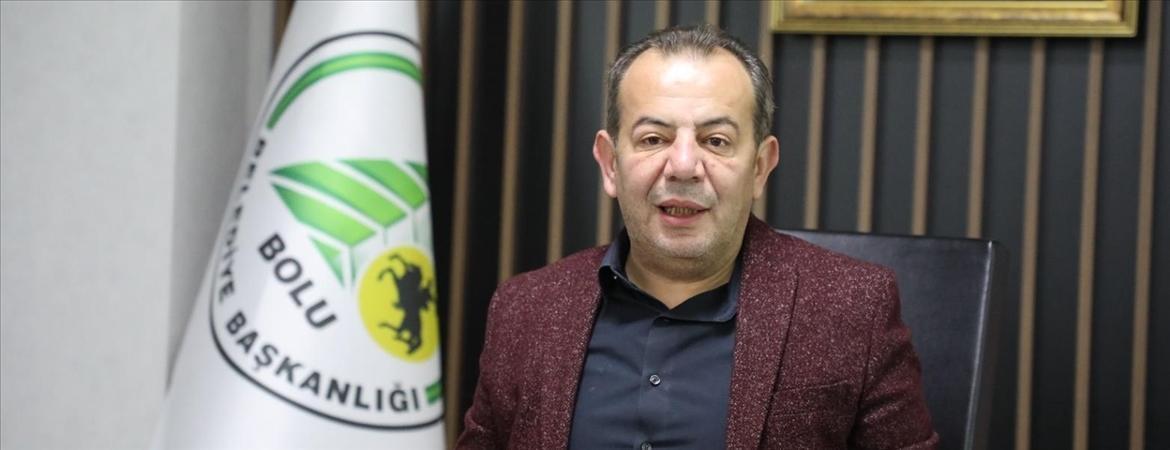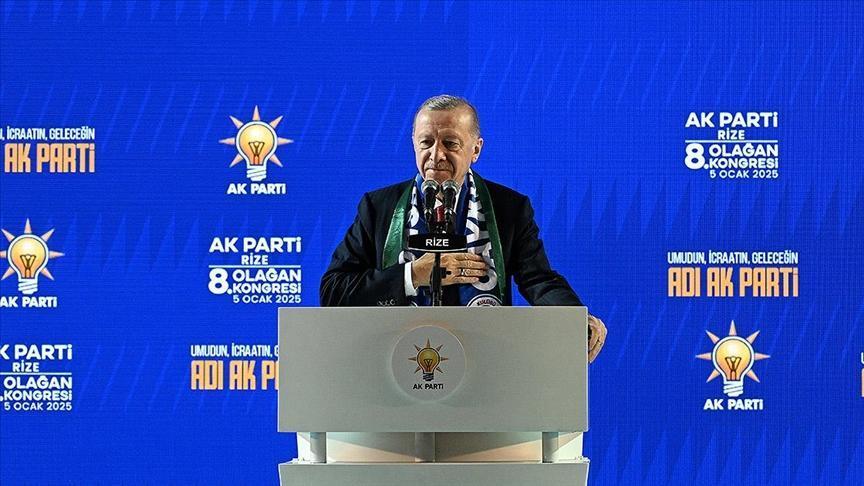How Turkey will respond to possible chemical warfare with Syria
“This is exactly the time the Syrian regime has been preparing for in recent years, so it will fight until the very end,” a Turkish official told me six months ago. Everyone agrees that al-Assad’s regime is doomed to collapse, but the regimes’ supporters will fight until the end with all means possible. Would these means include using biological or chemical weapons? Right now the likelihood of the regime resorting to its arsenal of biological and chemical weapons seems very low, because that would trigger an international intervention in Syria.
Yet such a possibility cannot be excluded totally. No one can know what kind of madness can take place in the chaos that erupts during civil wars, especially when the whole state system is collapsing.
This is why a sense of urgency possessed the Organization for the Prohibition of Chemical Weapons (OPCW) when civil war erupted in Libya. (OPCW, whose secretary general is a Turkish ambassador, celebrated its 15th anniversary Sept. 3). Fortunately, Libya is a member of OPCW and a delegation was able to go to Libya following the fall of the Qaddafi regime to check on the nation’s chemical and biological weapon arsenal.
We are however devoid of such a possibility occurring when it comes to Syria since it is one the few countries that is not a member of OPCW. Yet, in case of a chemical attack, Turkey can rely on the OPCW since member parties are required to offer assistance to any other member state that is attacked. But this assistance is rather inefficient once an attack has occurred.
How about preventing such an attack? According to experts, in case of a ballistic missile Turkey will have to rely on NATO’s missile defense system, which is only partially operational at this time. Those familiar with the issue will recall how much the Justice and Development Party (AKP) was against hosting the Alliance’s nuclear shield radars. I am actually convinced that Prime Minister Recep Tayyip Erdoğan and Foreign Minister Ahmet Davutoğlu accepted to host the radars only half-heartedly. Their decision was not based on the conviction that the Alliance needed protection from countries like Iran and Syria, which Turkey was, at the time, enjoying great relations with. Unwilling to alienate Western allies, the government said yes after receiving a warning from Washington to make a choice and face the consequences. I wonder to what degree the opponents of NATO are now realizing it was in the interest of Turkey to give a green light to NATO to endorse a missile defense shield.
Obviously we cannot totally rely on NATO’s shields since they have never been tested. Still it’s better to have a system that you think might protect you than have zero protection, which is the case when it comes to cruise missiles.
Turkey is waging a covert war against Syria and thus the government needs to be thinking about all kind of scenarios, even if al-Assad’s regime said it will only use weapons of mass destruction in case of an external attack. There might come a day when Syria’s definition of external attack includes giving support to opponents of the regime.



